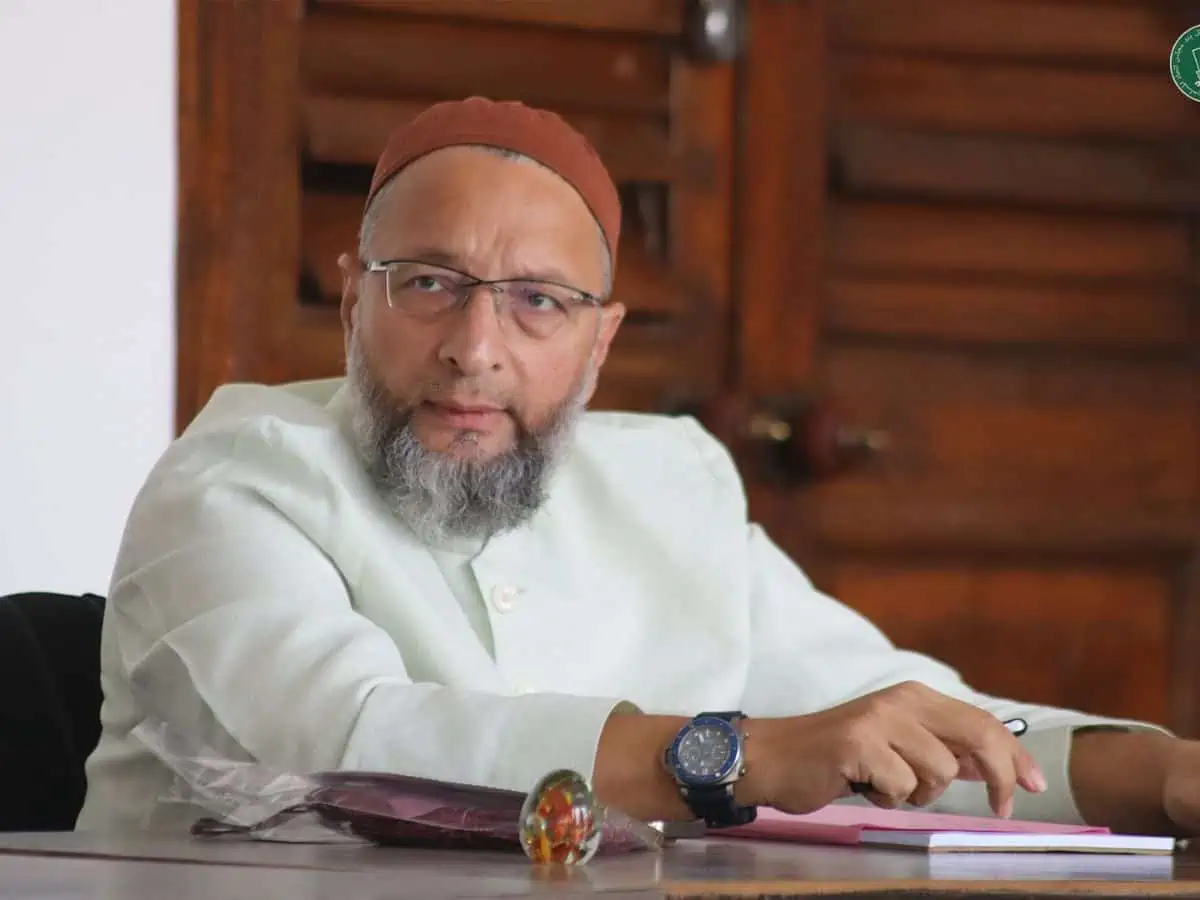DHAKA, August 23 — After more than a decade of distance, a meaningful step has been taken to thaw the long-frozen relations between Pakistan and Bangladesh.
Pakistan’s Foreign Minister Ishaq Dar touched down in Dhaka on Saturday — marking the first high-level visit by a Pakistani official since 2012. This diplomatic milestone comes at a time when the political landscape of South Asia is shifting, and Bangladesh appears to be reevaluating old alliances and long-held grievances.
For two countries that were once part of the same nation before the painful 1971 separation, the meeting carries deep historical weight.
More Than Just a Visit
This is not just a handshake or a symbolic gesture. Several important bilateral agreements are expected to be signed, particularly in trade and investment, signaling a potential new chapter in the economic and diplomatic cooperation between the two nations.
Foreign Minister Dar is also scheduled to meet with interim Bangladeshi leader Muhammad Yunus, a Nobel Peace Prize laureate who now guides the nation following a major political upheaval that ousted former Prime Minister Sheikh Hasina.
The visit is part of a broader diplomatic push. Just this week, Pakistan’s Commerce Minister Jam Kamal Khan held high-level discussions in Dhaka and agreed to form joint commissions for expanding trade. On the security front, top military commanders from both countries met in Pakistan on Friday, a highly sensitive move considering the history.
A Complex History, a Delicate Present
There is no ignoring the shadows of 1971 — a year etched in pain. The war that tore Pakistan apart and gave birth to Bangladesh still looms large in the public memory. Bangladesh accuses Pakistan’s military of horrific atrocities, and many in Dhaka continue to call for a formal apology.
But time — and changing geopolitics — may be prompting a shift in tone, if not in memory.
Bangladesh, historically close to India, now finds itself at odds with New Delhi. The mass uprising in 2024, which ousted Hasina, created a rupture. India’s decision to grant her refuge — where she remains while refusing to face trial on charges including crimes against humanity — has stirred anger in Dhaka.
As one regional analyst, Michael Kugelman, put it:
“Bangladesh had been one of India’s closest partners in its neighbourhood, and now it is flirting with India’s chief adversary.”
India is watching closely, particularly since tensions with Pakistan flared up again in May during a brief but intense border conflict.
The Road Ahead
With trade routes reopening, diplomatic ties warming, and a clear effort to pivot in a new direction, Bangladesh’s interim government seems ready to make bold moves — even if it means confronting difficult histories and making new friends in unlikely places.
As Thomas Kean of the International Crisis Group explained:
“The toppling of Hasina was a strategic setback for India, and the improved relations between Bangladesh and Pakistan are a consequence of her ouster.”
Only time will tell if this renewed relationship is rooted in mutual respect and future-oriented collaboration, or if old wounds will continue to complicate the path ahead.




